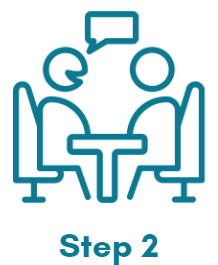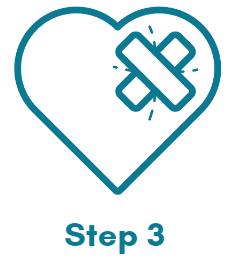What is Intimate Partner Violence
Intimate partner violence (IPV) happens when someone is hurt by another person that they have a relationship with. This includes sexual, physical and emotional abuse. In the past, this has been referred to as “domestic violence” “domestic abuse” or “battered women”.
IPV affects all ages, genders, sexual orientations, socioeconomic and educational classes, and cultural and religious backgrounds. Since the start of the covid-19 pandemic, this trauma has become even more common.
How does intimate partner violence impact survivors?
IPV is a serious problem with mental and physical consequences.
Survivors are at an increased risk of mental health problems such as depression, anxiety, addiction, low self-esteem, PTSD and Complex PTSD. Physical risks include injury, chronic pain, disability, and even death.
The impact of IPV does not have to be a life sentence.
We believe in new beginnings and are trained in the therapies that can help you create yours.
Before we get into how we can help – let’s address some of the complications that interfere with IPV survivors seeking support.
It’s my fault
Many IPV survivors believe that the abuse is their fault. This often results in difficult emotions like shame and guilt.
The belief that it’s my fault often has two sources:
1) Being told by the abuser, or misguided others, that you must have done something to cause the abuse
2) The just-world bias – the belief that people get what they deserve
While it is never the survivor’s fault (you’re not an exception), it’s okay if you do not believe it just yet. We can help with that.
I still love them
Of course, you do. People are complex, it is possible and normal to love the people who hurt us. It’s also possible to love and hate someone at the same time. We hear this often and will not judge.
I shouldn’t have stayed – I knew better.
What keeps most people stuck in cycles of IPV is that after abuse there is often an apology and a promise that they will not harm you again. IPV relationships aren’t often 100% evil – sandwiched in between the abuse there is the person you fell in love with, many memories, and feelings of connection and joy. This can make it confusing and lead you to question yourself and struggle to know what to do.
I won’t be able to manage.
If you’re currently in an abusive relationship, fear of managing on your own might be at the front of your thoughts. This becomes even more complicated when children are involved. Our team can help you explore options that might be available to you.





